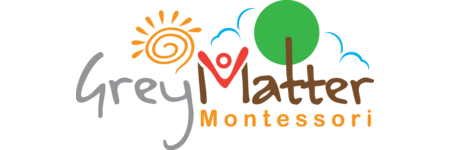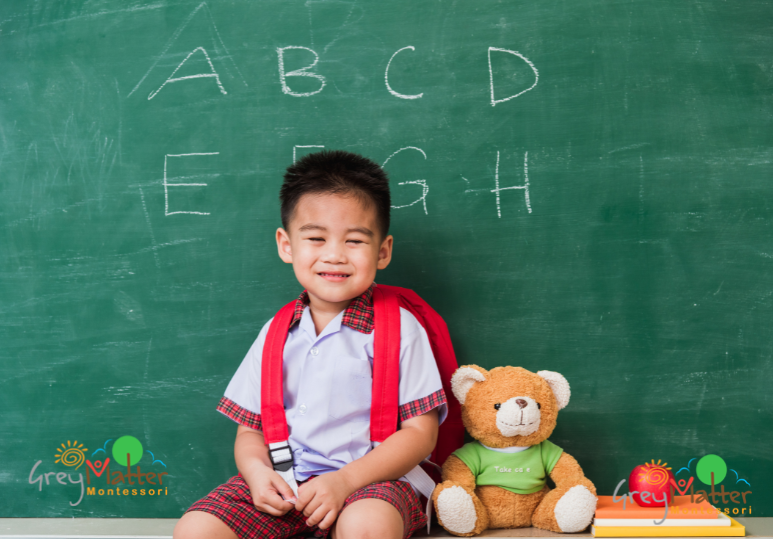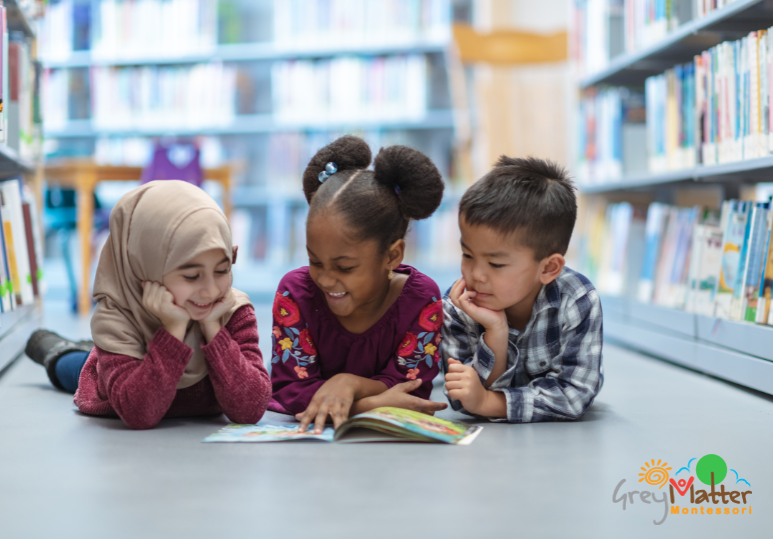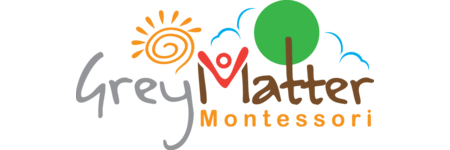Is it time to register your child into preschool, and you are searching for the right one? Are you thinking about Montessori education but want to learn about what to look for? Here are 8 things you will see at an authentic Montessori preschool.
Sending your child to their first school experience, preschool can be quite a nerve-racking experience. You want to make sure that the school you pick will put effort into your loved one's development and growth. One of the best education methods that will treat your son or daughter as an individual is the Montessori method of teaching. At our Montessori preschool, your child will develop skills in:
- Cognitive function
- Core educational classes
- Emotional intelligence
- Social skills
- Problem-solving & critical thinking
- Many other areas
However, not every Montessori school will put a focus on all of these areas. Here is how you can find a Montessori school that genuinely cares about your child’s livelihood.
Our Team of Montessori Teachers Are Dedicated to Our Montessori Principles
At Grey Matter Montessori, our hand-picked, highly educated teachers and faculty are passionate about Montessori education, principles, and the tremendous benefits it can have on all of our students. We love to educate our students in both traditional fields such as Math, English, and Science, but also on life skills such as emotional intelligence, social interactions, and creative abilities.
To learn more about the difference we make on our students, or to inquire about enrollment opportunities, call our team today at 587-707-4739.
8 Things You Will Find In A High-Quality Montessori School
While many schools claim to act as Montessori places of education, some don’t truly use any Montessori principles and go off of the name-value alone. They may talk the talk of a Montessori preschool, but they don’t walk the walk. To differentiate between a genuine Montessori school and one in name value alone, there are some physical things that you should look for when touring the school and classroom.
1. Prepared Learning Environment
A genuine Montessori school will have arranged the classroom in such a way that is conducive to learning. Some aspects of a prepared learning environment include:
- Art, plants, and visually appealing learning materials
- No rows of desks, but areas of dedicated learning
- Few toys or distraction causing elements
- Hands-on learning materials
- Mostly natural materials such as wood
2. A Peaceful Classroom
This is more of something you can listen for rather than look for. In a Montessori classroom, students are taught proper manners and social skills, some of which involve peace and quiet. Children are taught to respect each other's space and treat the classroom as a space of learning rather than play and games.
3. Children of Different Ages Intermingling
An authentic Montessori school will have kids of varying ages mixed into one classroom. This is done based on the core Montessori principle that students learn at their own pace and from one another. In a mixed-age classroom, the more advanced students assist the lesser ones while learning the importance of empathy and respect, and developing greater social skills along the way.
4. Areas Dedicated to Practical Life Skills
One of the most substantial proponents of Montessori schools is their dedication to essential life skills. The exact skills taught will vary depending on where the students are in their education, but can include things such as cooking, emotional intelligence, cleaning, caring for the environment, and much more.
5. Uninterrupted Work Periods
Depending on when you schedule your school tour, you may be touring during an uninterrupted work period. During this typically 3-hour period, students will engage in self-directed work without interruption from their classmates. This allows teachers to have more time individually with each student without interruption so they can get the most out of their time with the educator.
6. Rooms Designed For Children
In an authentic Montessori preschool, every tool, piece of furniture, shelf, and wall decoration is explicitly designed for children. This is done not only to make it easier for children to work with things their size but also to encourage independence and individuality. It may seem small, but designing classroom elements around a child's small stature does wonders for breaking down barriers and encouraging their exploration and creativity.
7. Diverse Group of Students
One of the tell-tale points of difference between a traditional and Montessori school is classrooms' diversity. Montessori schools encourage openness, understanding, and acceptance of each other, which leads to a diverse school environment. If during your tour, you notice how well you see children from all walks of life interact with one another, you can be sure that you are dealing with a real Montessori school.
8. An Aesthetically Pleasing Environment
The founder of the Montessori method of education, Maria Montessori, often referenced the benefits of an exciting and attractive environment in her writings. She believed that if something looked attractive, you would be more prone to associate with it. This is why we ensure all of our classrooms are aesthetically gratifying for our students.
Related Reading:
- 6 Core Characteristics of a Montessori Education
- 7 Traits of an Authentic Montessori School
- 5 Aspects of a Montessori Education That Focus on the Social and Emotional Growth of Your Child
Our NW Calgary Preschool Is Founded On Montessori Guiding Principals
At Grey Matter Montessori, we have designed and cultivated our preschool to provide the best Montessori experience in Calgary. If you are looking for a preschool in the NW community of Evanston that will set your child up for lifelong success, Grey Matter Montessori is an excellent choice.
To learn more about our preschool program or schedule a tour, call us at 587-707-4739 or fill in our contact form below.
FAQ’s
Q: Does Grey Matter Montessori offer school tours?
Yes! You can contact us to schedule your in-person tour, or check out our virtual tour here.
Q: What are the qualities of a good Montessori teacher?
The most important characteristic of a quality Montessori educator is that they are mentors of education rather than a director. Some other qualities include:
- Strong relationship builder
- Encourages independence
- Fosters curiosity and exploration
- Focuses on the individuality of each student
- Excellent at listening and understanding
Learn more about our team of Montessori educators!
Q: Are Montessori students better educated than traditional students?
Studies have shown that, yes, Montessori students tend to exhibit higher levels of reading comprehension, math skills, vocabulary, and other areas of cognitive function. Additionally, Montessori students have also been shown to lead happier and healthier lives than comparable students from the traditional school system.





